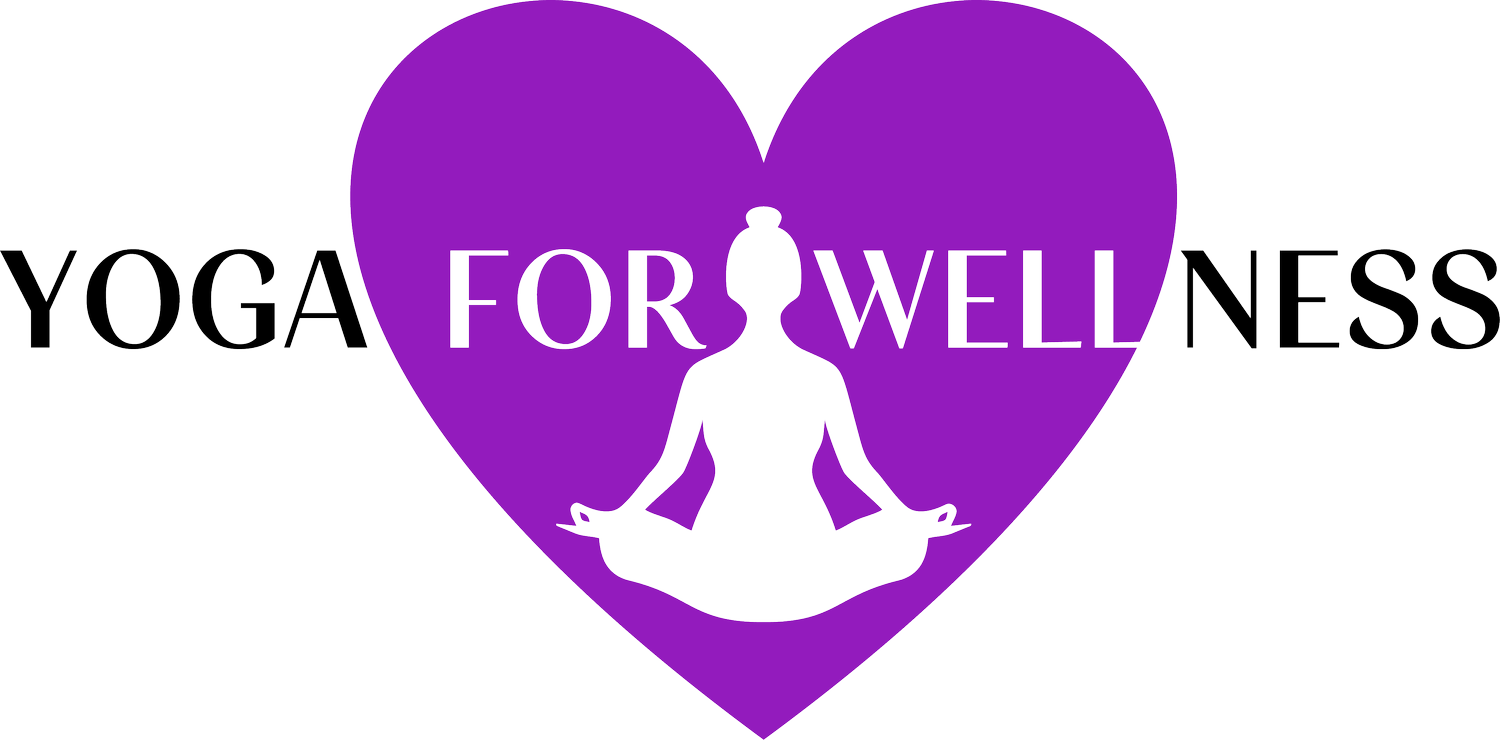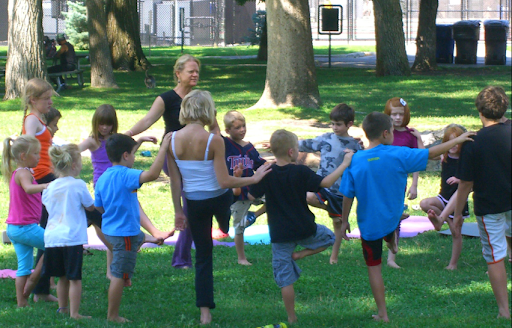"Ring the Bell—Then What? Life After Treatment Ends."
Chemo Curls
Everyone talks about ringing the bell when treatment ends. What they don't tell you is that the bell doesn't ring for your new life—
it rings for an ending, not a beginning.
(This sounds a little pessimistic, even for me; but it’s the truth.)
You see, I wasn’t quite sure where I was going.
I knew the OLD NORMAL quite well, but the NEW NORMAL was a new beast.
Ok, let me break it down into meaningful bits …
Things I liked about my NEW NORMAL
Chemo Curls
Radiation Weight Loss
Freedom in my schedule (meaning no more hospital appointments)
Things not so appealing about my NEW NORMAL
Chemo Brain
Instant and Overnight Menopause at Age 43 years old
Residual Fatigue
There can be a disconnect between the lived experience of cancer survivors and societal expectations. As one article mentions, "When you finish your treatment, everyone expects you to feel better, and that's not the case at all," according to MSN.
I was able to bring some of my OLD NORMAL back into my life;
My Yoga Kids program for example.
I felt alive when I taught.
In each unique perspective of my students, I found wisdom beyond their years.
Their truths were unblanched.
Their sorrows were authentic.
They forever remained present.
Teaching children helped me to feel like the ‘ol me.
I just wanted to be me. I just wanted my ol’ self back.
But radiation left me with a kind of fatigue that would hit me in the mid-afternoon like running into a brick wall! BAM!
“Whoa!”
Thoughts like, “I wonder if I could grab a few ZZZzzz’s during the Savasana portion of my Yoga Kids program?” would ACTUALLY go through my brain!
“No, Amy,” the protagonist on my shoulder would instruct. “You cannot fall asleep while teaching 20 children.”
While the antagonist cloaked in Chemo Brain would say, “Oh Yeah? Watch me!”
Chemo Brain can be so mean sometimes
(BTW: I did not nap during Savasana while teaching Yoga Kids in a public park.)
A friend of mine is going through a similar but different experience.
Discovering this new identity involves tricky negotiations, negotiating feelings that reside somewhere between a rock and a hard place.
Not just saying “Good-bye!” to the OLD NORMAL but to the OLD LIFE.
You see, she experienced and endured a traumatic experience combined with back-to-back life shifting events. These events, plus abiding by the strict protocols of treatment have created a major shift in her life.
Pivoting to problem-solving in her NEW LIFE has included saying “Good-bye!” to many things - this includes anything complicated, knotty, tangled and overly involved.
Seeking a clean slate
During the COVID Zoom years, a period of time when teachers were isolated from their students up to 12 months, teachers would often say, “When we get back to normal ….”
Being a school teacher required me to Zoom-teach PE and Special Education for 8 solid hours per day. It was challenging to keep it sustainable. I kept thinking, “There is no ‘back to normal. We’ve got to create a New Normal.”
It’s been five years since the world shut down.
This current study investigates COVID-19 as an index trauma, and if prior traumatic stress scores mediate the relationship between pandemic-related exposure and subsequent traumatic stress.
Even with the return of a Familiar Normal, five years later, students are still recovering and/or catching up on something that went missing.
For me, in a time span of four years, I went from breast feeding my daughter to having part of my breast removed. I went from giving birth to a child to being in full menopause in a flick of a switch.
Hormonally, I was not the same.
And I don’t know if you know this, but hormones run the ship!
(Just ask the tin man when he loses his oil can during a rainstorm.)
This topic could extend for many more pages introducing many more research articles and many more anecdotal storylines. However, I’m going to end it here.
Something to keep in mind and being sensitive towards when you meet a survivor:
The end of treatment can feel more isolating than a diagnosis
The survivor’s body may feel more like a stranger; negotiating changes can be complicated - and doctors don’t always have solutions.
Oh, some of you may be interested in knowing, I didn’t get to ring the bell when I completed treatment. There wasn’t a bell to ring.
I guess I’m still on my journey.





